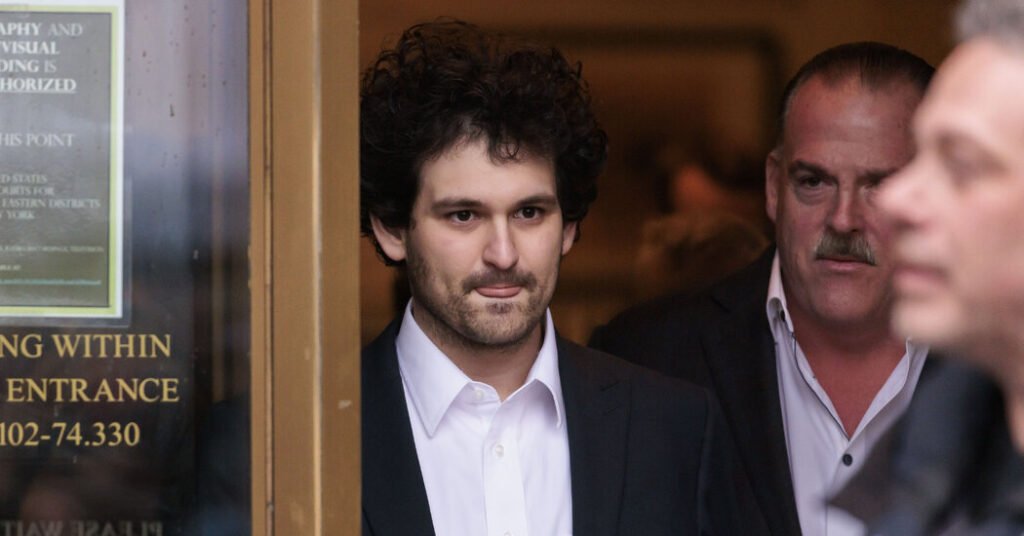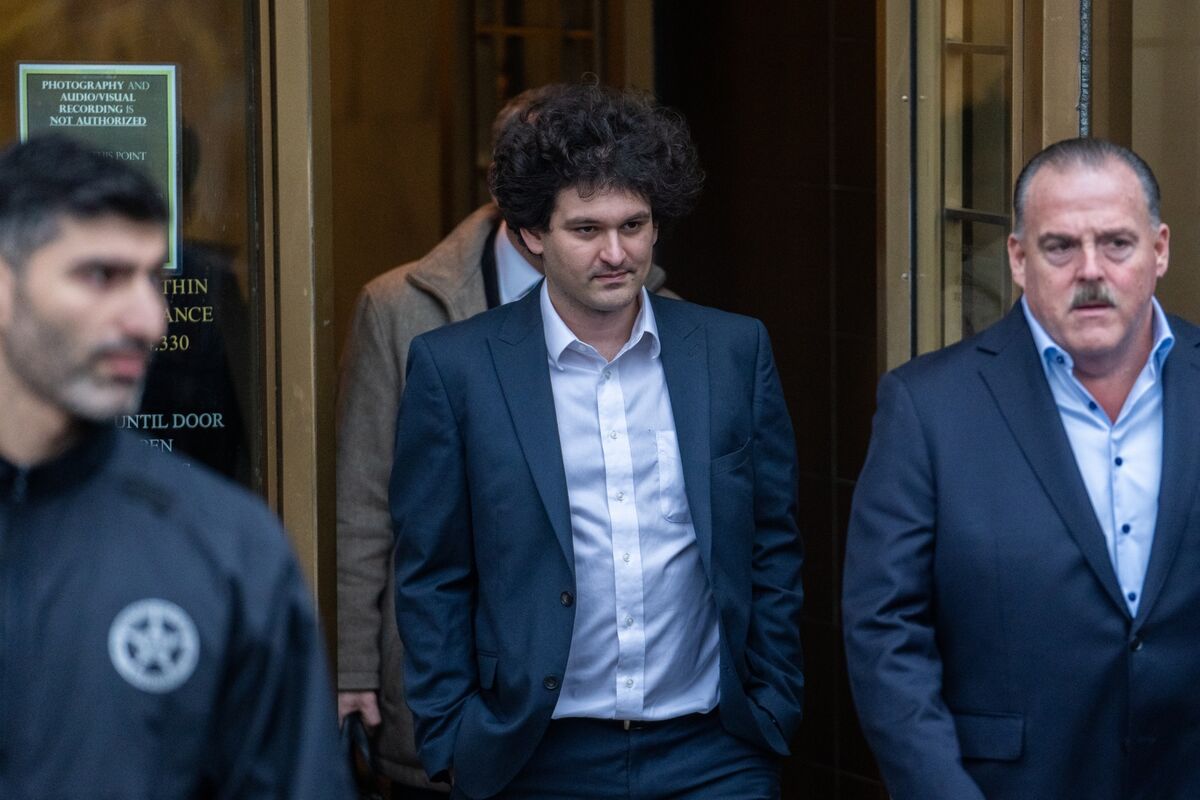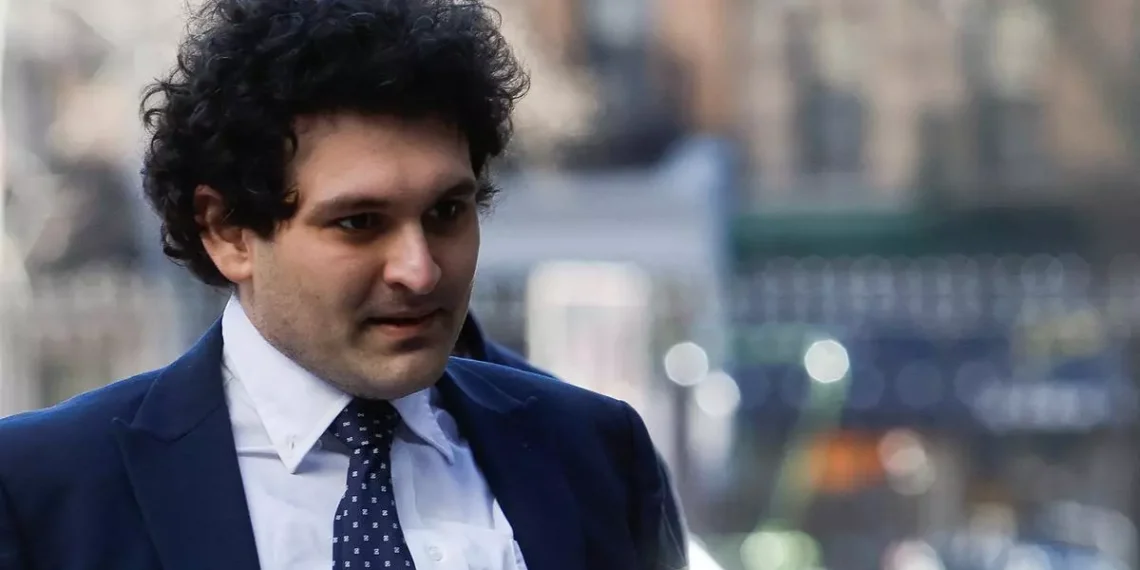Sam Bankman-Fried, the founder of the now-defunct FTX cryptocurrency exchange, was sentenced to 25 years in prison for orchestrating an $8 billion fraud scheme.
Despite Bankman-Fried’s claims that FTX customers did not suffer financial losses, Judge Lewis Kaplan rejected his defense, emphasizing Bankman-Fried’s lack of remorse and deceit during the trial.
During the sentencing hearing in Manhattan, Bankman-Fried clad in a jail T-shirt, expressed regret for the suffering of FTX customers but stopped short of admitting criminal wrongdoing. He plans to appeal the conviction and sentence.

The downfall of Bankman-Fried, once an ultra-wealthy entrepreneur and political donor, represents a significant blow to cryptocurrency markets.
Prosecutors labeled the FTX collapse as one of the largest financial frauds in U.S. history, leading to severe consequences for Bankman-Fried and his associates.
Bankman-Fried’s sentencing marked the end of a dramatic journey from a prominent figure in the cryptocurrency world to a convicted felon.
Despite his attempts to distance himself from malicious intent, the court found him culpable for diverting FTX customer funds to cover losses at his hedge fund, Alameda Research.
Throughout the trial, Bankman-Fried’s defense portrayed him as a math-oriented individual rather than a ruthless fraudster.

However, Judge Kaplan emphasized the pursuit of power and influence as Bankman-Fried’s true motives, dismissing his attempts to present himself as a benevolent figure.
The sentence not only reflects the severity of Bankman-Fried’s actions but also sends a strong message to the cryptocurrency community about accountability and transparency. As Bankman-Fried begins his prison term, the repercussions of his actions continue to reverberate through the financial world.




